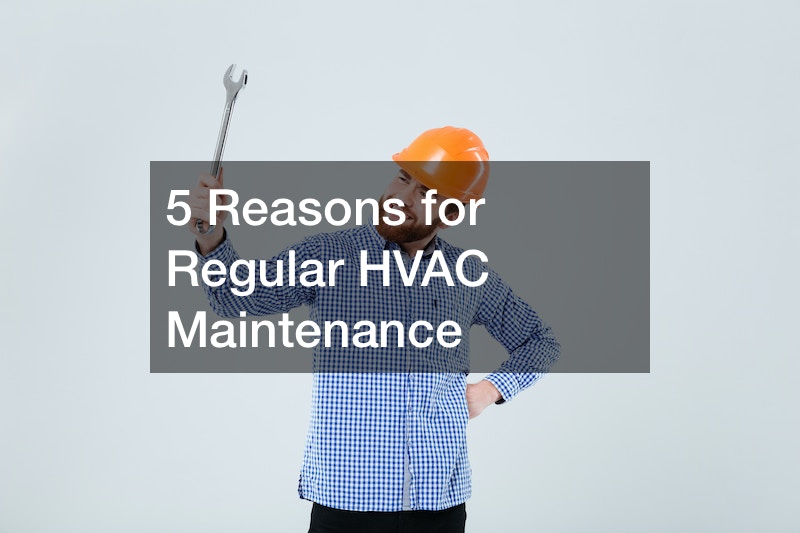
Air conditioning systems can’t always cool down a home effectively, even when the unit is working. Knowing about HVAC systems before completely installing them at the house is important, partly because you might accidentally end up with a device that’s too small for that full space.
Professionals from HVAC services will generally have all the information that you’ll need about the overall capabilities and upper limits of today’s functioning heating and air conditioning systems. If you already know about HVAC technician services in your area, you can ask the workers some relevant direct questions. After looking at the AC product in person, however, these HVAC experts might just recommend that you find a replacement AC air conditioner near me.

If the AC and heater fan won’t stop running, that could mean that your air conditioning and heating system just isn’t large or strong enough. HVAC customers sometimes purchase overly tiny air conditioning devices because they aren’t as expensive as other AC options. That said, if the system is forced to constantly work harder than it would in a smaller home, the HVAC device will wear out very quickly. Your AC unit repair expenses will cancel out any energy savings.
Some HVAC specialists state that as many as 3 out of 4 calls they receive in the winter for no heating are because the HVAC units in question haven’t been regularly maintained. Here are five important reasons to keep your HVAC unit well-maintained, according to the Indoor Air Quality Association (IAQA)
1. It Saves Energy.
Today’s HVAC systems require twice-yearly inspections. The United States Department of Energy finds that performing routine maintenance on your HVAC unit will help keep your system running as efficiently as possible. This reduces your energy consumption significantly and can lower your energy bill by as much as 30%.
2. It Saves Money.
By scheduling preventative maintenance checks with your local HVAC company, you can extend the life of your unit and save yourself the price of a new furnace and A/C unit in the near future.
If your heat should happen to stop working during frigid weather while you’re away from home, your pipes are at risk of freezing or bursting. The resulting repairs and water damage can be extremely costly.
In addition, many manufacturers of HVAC systems require proof of yearly maintenance if you file a claim under warranty. For that reason, keeping your warranty in effect with routine system checks can save you money in case something should happen to go wrong with your unit.
3. It Improves Air Quality.
You might not realize it, but the air in your home may contain a variety of allergens such as dust, cigarette smoke, pet dander, mold, and pollen. The Environmental Protection Agency (EPA) indicates that the level of airborne pollutants indoors can be anywhere from 2 to 100 times higher than outdoor levels. If you or a member of your family suffers from asthma or other respiratory conditions, this finding is especially significant.
Musty odors in your home might be an indication of mold, and it’s wise to consider professional cleaning of the air ducts in your home. Preventative maintenance of this type ensures that the air running through your HVAC’s vents stays well-filtred and clean.
4. It’s Safer.
Performing regular maintenance on your HVAC unit can also help protect you and your family from carbon monoxide poisoning. The Centers for Disease Control (CDC) states that being exposed to even low levels of this odorless, colorless gas can be serious and possibly fatal.
Most commonly, carbon monoxide leaks are caused by failed or cracked heat exchangers. HVAC checkups generally include carbon monoxide testing. Installing carbon monoxide detectors in your home is also a wise move.
5. It’s Environmentally Friendly.
The EPA is working to phase out substances that are harmful to the environment, such as certain types of refrigerants. Because of that, HVAC technicians who handle controlled refrigerants are required to be certified, and they’ll be qualified to explain the type of refrigerant your unit uses, how it impacts the environment, and the different options you have available.
You should also ask your technician about the advantages of using programmable thermostats, switching from oil to natural gas, and other actions you can take to reduce the impact of your HVAC system on the environment.
Protecting your investment in a modern, efficient HVAC system by scheduling regular preventative maintenance is a great way to save energy, improve the quality of the air you breathe, avoid carbon monoxide exposure, and safeguard the environment.
